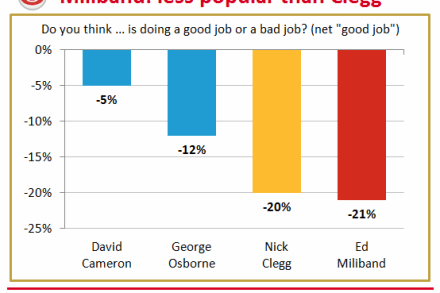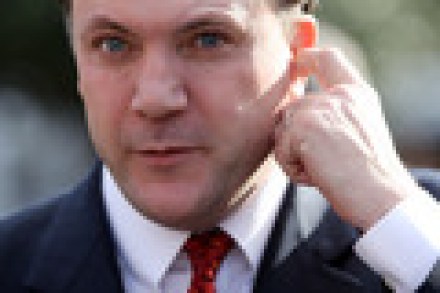Empty lines on a CV
The intern is everywhere, slowly but surely, infiltrating every office on the planet. But while the internship is now ubiquitous, having become the standard first rung on most career ladders and the most frequent stepping stone between education and a career, it remains a largely unexamined and unregulated sector. Somewhere between an apprenticeship and a temp job, the internship resists easy definition and is understood more in terms of social cachet than actual responsibilities. Having had his fair share of directionless and underpaid internships between various degrees at Stanford and Cambridge, Ross Perlin, a researcher in linguistics, decided that the phenomenon deserved closer scrutiny. The result is Intern Nation, an
















